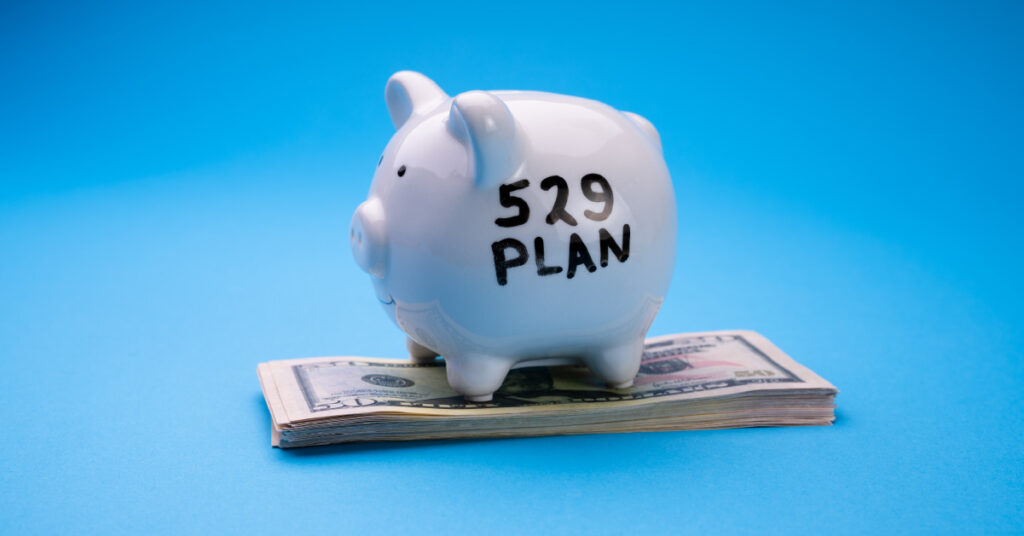EXECUTIVE SUMMARY
- The state sales tax in North Carolina represents nearly 30 percent of the state’s total revenue each year. In 2011, the states sales tax generated $5.9 billion in state revenue.
- The sales tax is regressive, which means that it asks more from those with the least ability to pay. Lower-income families spend a greater share of their income on things subject to sales tax.
- North Carolina’s sales tax is also narrow, outdated and unstable. The tax does not apply to the vast majority of transactions in the fastest-growing area of consumption—services.
- Some North Carolina legislators are considering a shift away from the personal income tax and toward a revenue system that primarily relies on consumptionbased taxes which would require greater contributions from low- and moderateincome households in total taxes. Such a shift, if revenue-neutral, would raise the state sales tax rate to 13.88%.
- Broadening the base of the sales tax to services would align the sales tax with current consumption patterns and activity in the market




